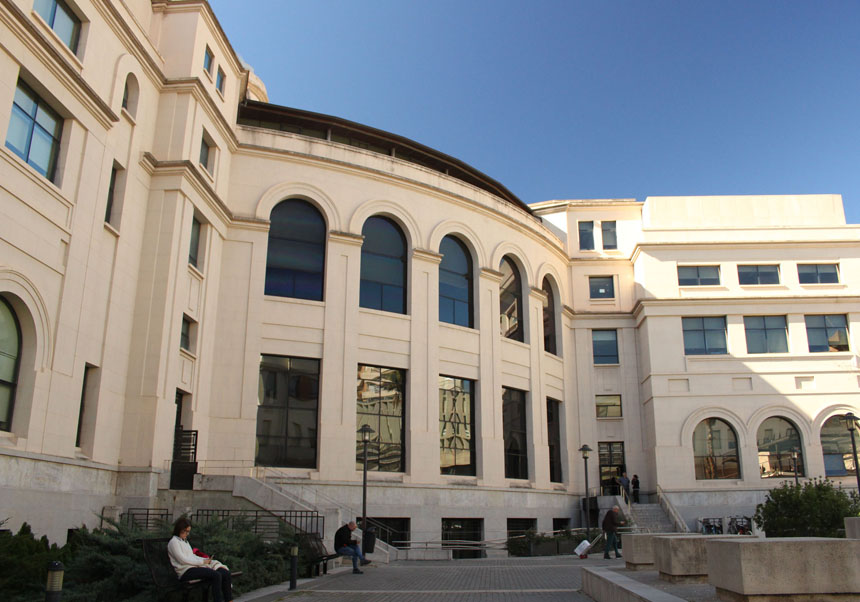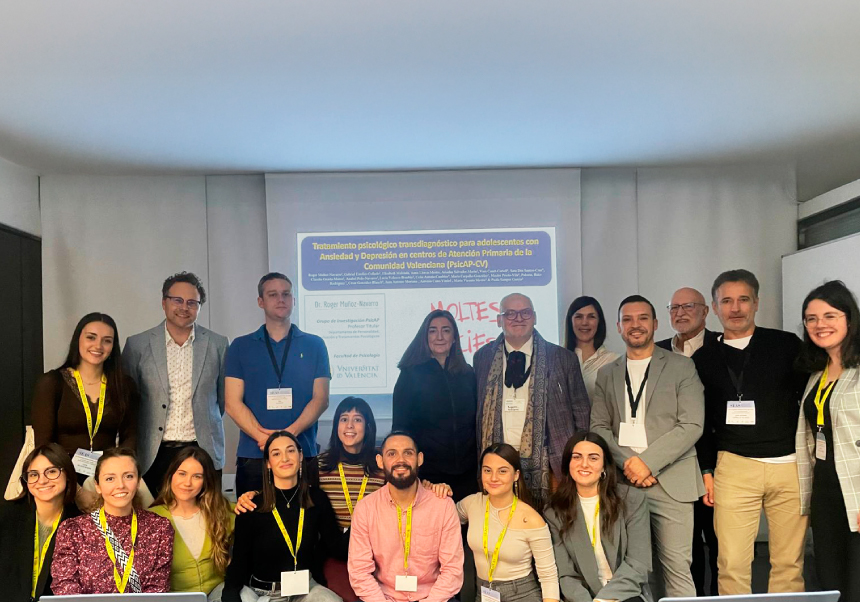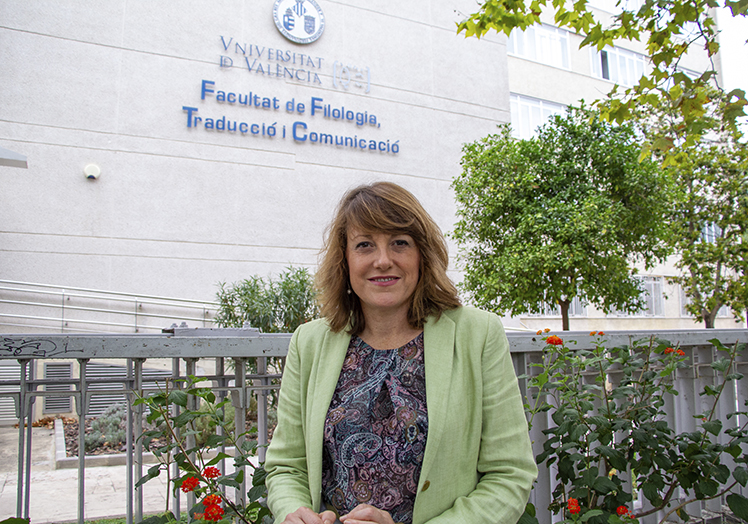The need to flatten the dismissals curve
- Scientific Culture and Innovation Unit
- March 30th, 2020

Adrián Todolí, a professor in the Department of Labour and Social Security Law, analyses in The Conversation the measures that Spain has taken to break the vicious cycle of the economy and prevent layoffs.
Denmark has announced a formula to avoid the dreaded “Great Depression” caused by COVID-19, which consists in not firing workers despite the fact that production is now paralysed and in which the state will assume their wages during the closing period. That is, to leave companies ready to return to 100% of their capacity as soon as normal returns.
Adrián Todolí states that this is precisely the measure taken in Spain with the ERTE (Temporary Dismissal Files): a suspension of the employment contract for which the company does not have to pay either the salary or the contribution to the Social Security and the people hired will not provide services.
But in return, Todolí explains, there must be a commitment from the companies, that is, they have to commit not to fire anyone for economic or productive reasons in the next six months. And, on the other hand, during the alarm period, dismissals have been discouraged, which has increased the compensation that the company has to pay to workers.
The economy operates on expectations and that means that if most companies understand that the crisis is going to be long and recovery will be slow, it will result in dismissals, which will reduce consumption and eventually trigger an effectively long crisis, that is, the called self-fulfilling profecy.
Maintaining trust is very complicated and more so in a world of political opportunism and social media fake news. Negativism is just as contagious as the virus and Spanish economic institutions are betting on a fast recovery and to give the market confidence with big money injections, concludes Adrián Todolí.
Read the original article published in The Conversation.










